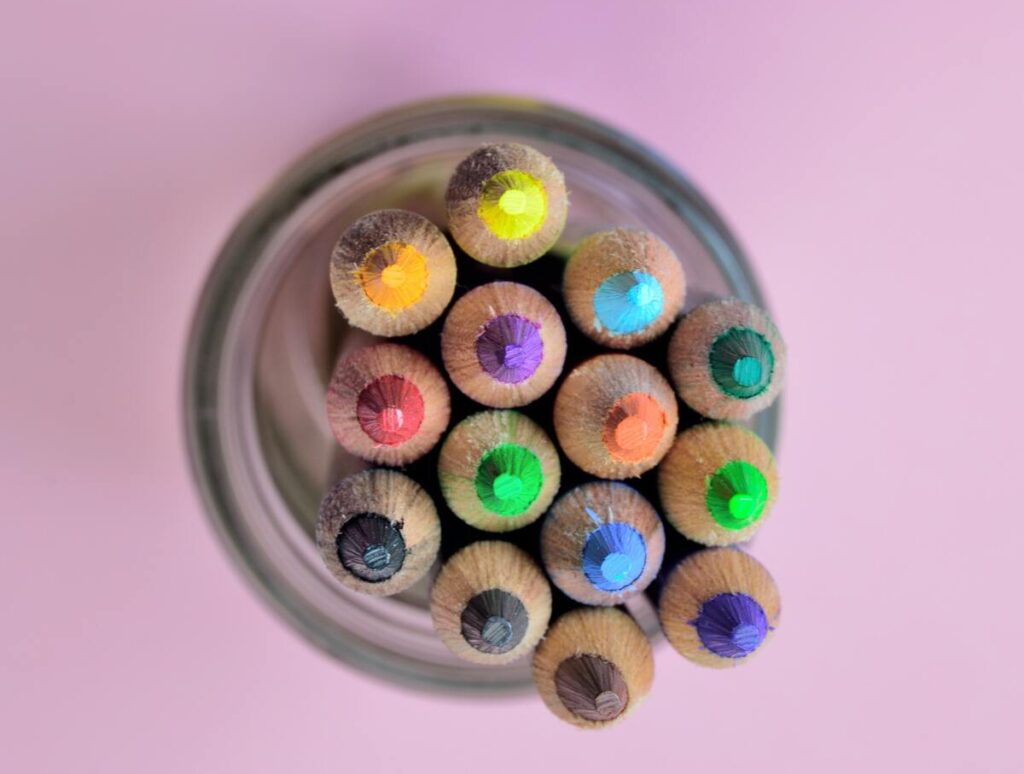
Did you ever think that one of the benefits of art would be therapeutic, let alone contribute to emotional, mental and physical wellbeing? The beauty of art based therapy is that it requires zero expertise in the discipline. Julianna Asare-Amankwah, Counselling Psychologist, Evolve Counsel, captures it best when she says, “Creating art provides an outlet to express yourself freely, which will encourage and promote a healthier, happier life. It encourages self-expression, self-discovery and emotional growth.” What does this mean in practical terms?
According to Asare-Amankwah, art based therapy has the ability to help you manage your feelings in a positive way, while giving you confidence to address and resolve past and present issues. It also increases self-esteem and helps you to become more self-aware.
The process
“Individuals are encouraged to visualize, and then create, the thoughts and emotions they cannot talk about,” she further explains.
How do you create this experience by yourself? Asare-Amankwah provides three steps to practicing art therapy at home.
- First, you would need something to draw or paint on and this can be a canvas or paper. Other materials color pencils, pencils, crayons, paint and brushes etc.
- Next, take a few minutes to meditate. Close your eyes and connect with the emotion you are trying to deal with. Then draw or paint how the emotion or issue feels to you using some of the following prompts. For example, what color does it seem like to you? Does it seem round or pointy or fluffy? Is it an object or scene etc?
- Sometimes, it feels good to simply get the emotion out of you and unto paper; it creates a feeling of release. To further interpret your piece, can you ask yourself how the image you have created makes you feel and why you chose certain colors etc?
For more information or guided art therapy painting, book an appointment at www.evolvecounsel.com or check out Asare-Amankwah’s business YouTube page, @evolvecounsel, for more on how to interpret your work and deal with the various emotions that arise.
Alternatively, you can search for a registered art therapist in your area.






